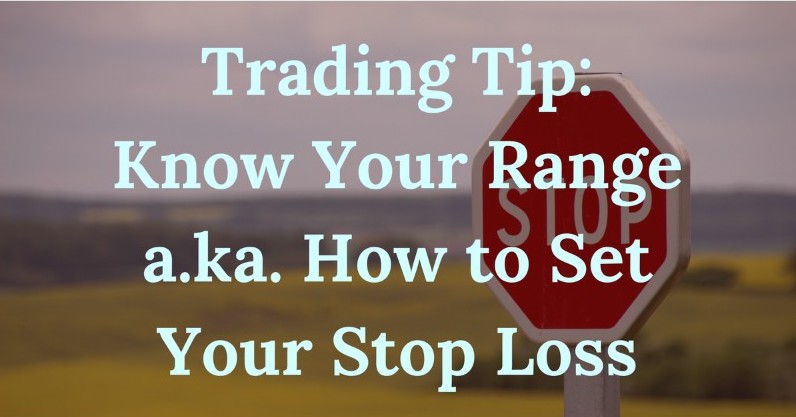Reblog: Trading Limits – You Have to Start Thinking about the money

Good traders are known to be masters of risk management. Risk management includes following a detailed trading plan, setting stop and limit orders and managing traders without succumbing to emotions.
Good traders also tend to follow a robust trading plan that focuses more on ensuring that the traders do not lose their capital, while the profits are seen as only secondary. As part of this pursuit in achieving trading excellence, professional and seasoned traders follow the concept of setting limits on their losses, on a daily, weekly and even monthly basis.
Trading with limits ensures that the traders do not end up sabotaging themselves in the heat of the moment as emotions can often override logic when a trade turns into a loss.












